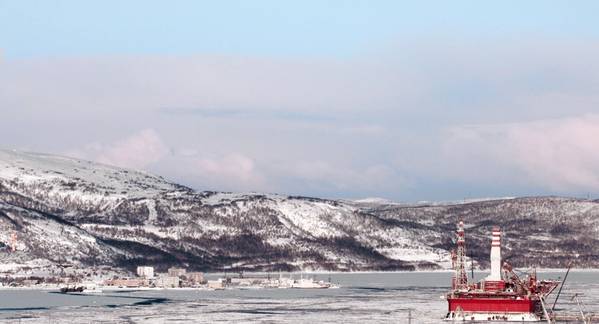
The Russian assets of Norway's $1.3 trillion wealth fund, the world's largest, have become worthless following Russia's invasion of Ukraine and selling them as instructed by the government will take time, the fund's CEO said on Thursday.
The fund held investments in Russia worth some 27 billion crowns ($3.0 billion) at the end of 2021, equivalent to 0.2% of its total value, and down from 30 billion crowns a year earlier.
As of March 2, they were likely worth 2.5 billion crowns, CEO Nicolai Tangen told a news conference on Thursday, noting their exact value was "highly uncertain" given the Moscow bourse has been shut since Monday.
"They are pretty much written off," Tangen later told Reuters.
The fund's Russian assets consisted of shares in 51 companies at the end of 2021. The most valuable stakes were in gas producer Gazprom GAZP.MM, bank Sberbank SBER.MM and oil firm Lukoil LKOH.MM, which together accounted for two-thirds of the total.
All the investments were in equities, with 80% of them listed on the Moscow stock exchange, 18% in London and 0.6% in New York, a fund spokesperson told Reuters.
On the morning of the invasion, on Feb. 24, the fund's leadership had an investment meeting and "decided to do very little".
"We did not freeze the activity but the net activity was very little," Tangen said.
MUST SELL
On Sunday the Norwegian government ordered the fund to first freeze, and then divest its Russian assets. The ban also includes Russian stocks listed in London and New York, Tangen said.
The fund said divesting would take time as it was unclear when the Moscow bourse would reopen and how trading would work. The fund also needs to ensure it does not sell to individuals under international sanctions.
"So we don't know what the plan will look like," said Tangen.
More broadly, the war in Ukraine was "amplifying" the risk on financial markets, he said.
"It has an inflationary effect and we see that through energy, food, other raw materials coming from that part of the world and we are seeing it in economic growth. All things being equal, (we see) lower economic growth," said Tangen.
"For companies, the risk is more on the supply chain, with problems ... that could have an effect. We are seeing some car production closed down as a result of this, but that is relatively small (so far).
"(Overall) this is all negative for globalization."
Investing the state's revenues from oil and gas production and managed by a unit of Norway's central bank, the fund is one of the world's largest investors, investing its cash in equities, bonds, real estate, and renewable energy projects.
The fund's value stood at 12.3 trillion crowns at the end of 2021, equivalent to $257,000 for every Norwegian man, woman, and child.
(Editing by Terje Solsvik and Elaine Hardcastle)